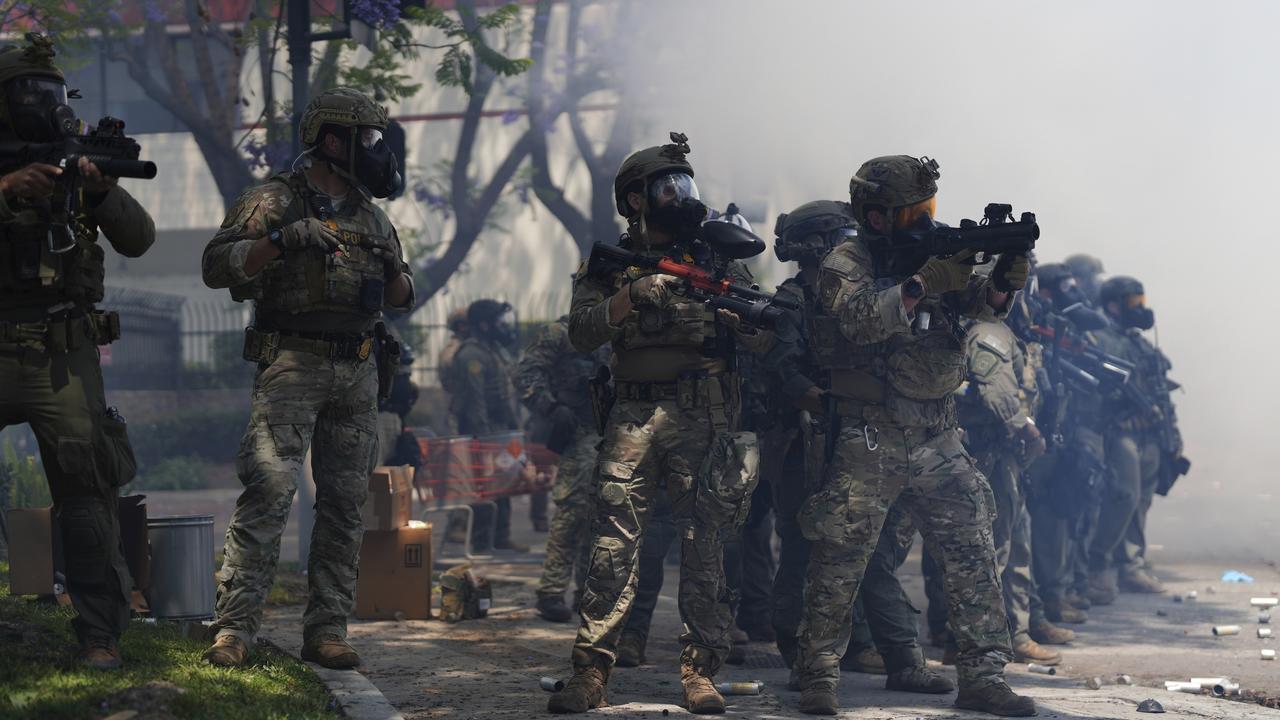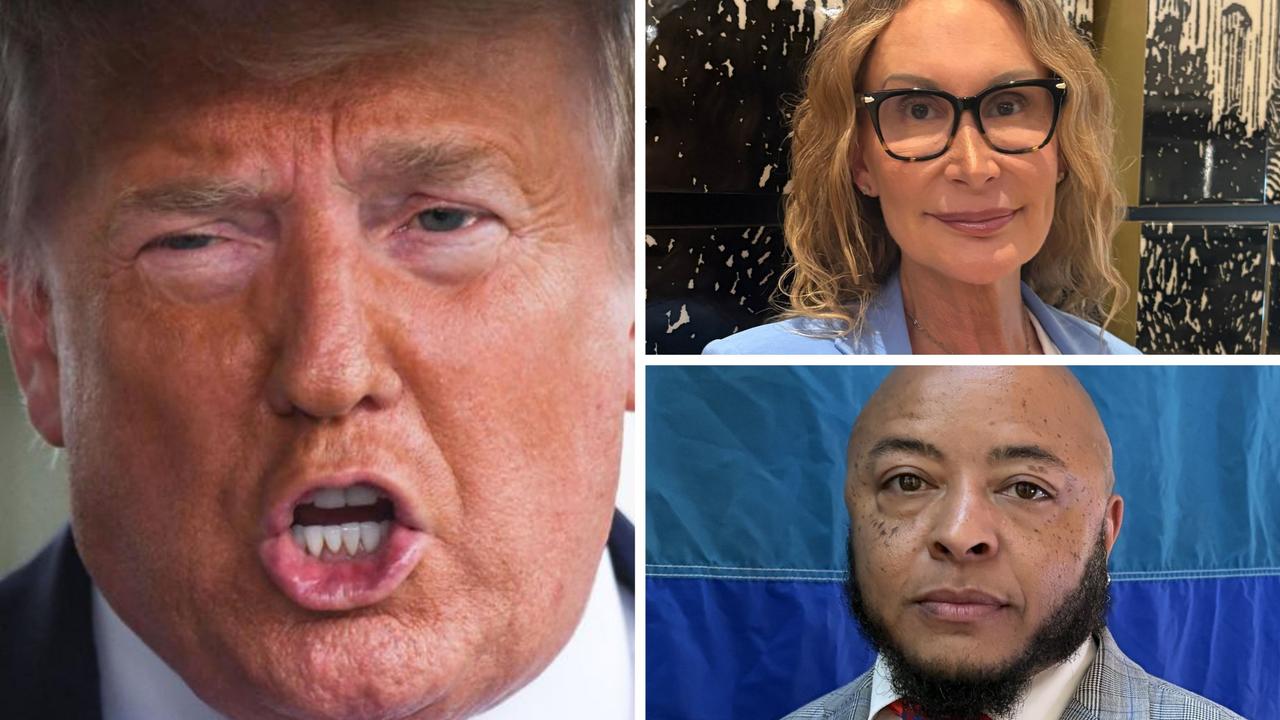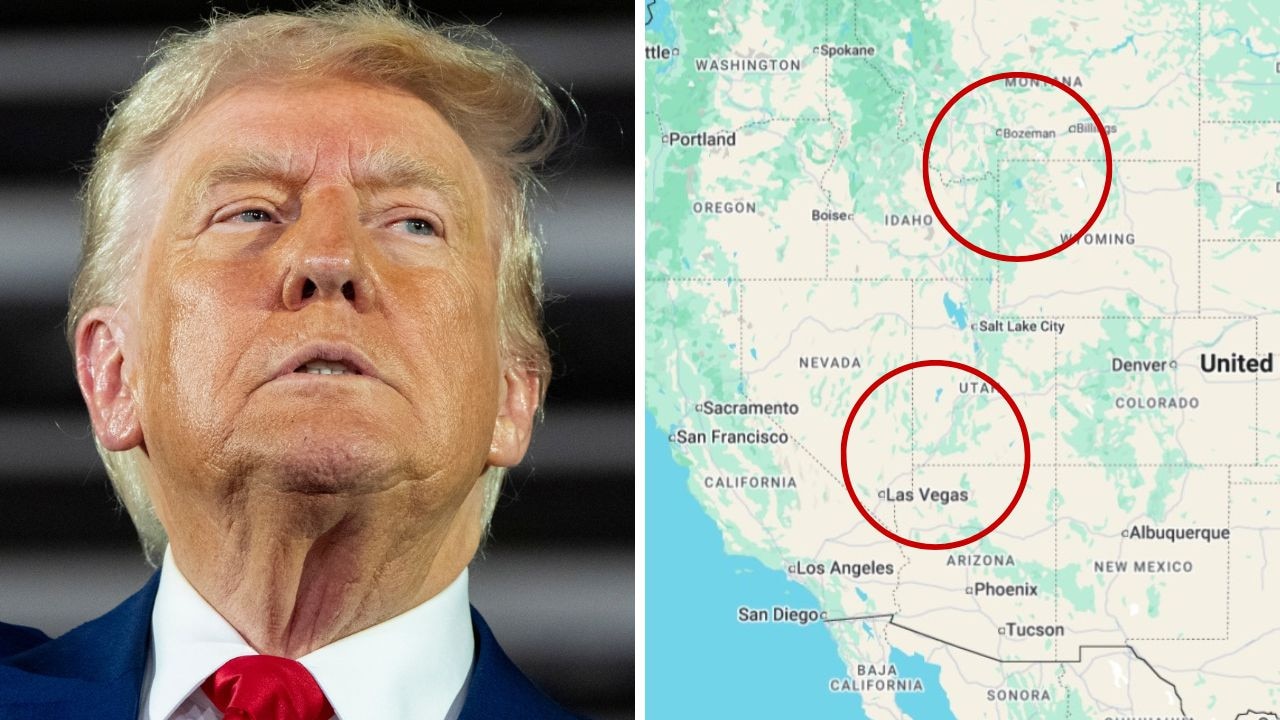Kyle Rittenhouse gives first interview since acquittal over two deaths
The teen acquitted over the shooting deaths of two people at a Black Lives Matter protest is giving his first interview to media.
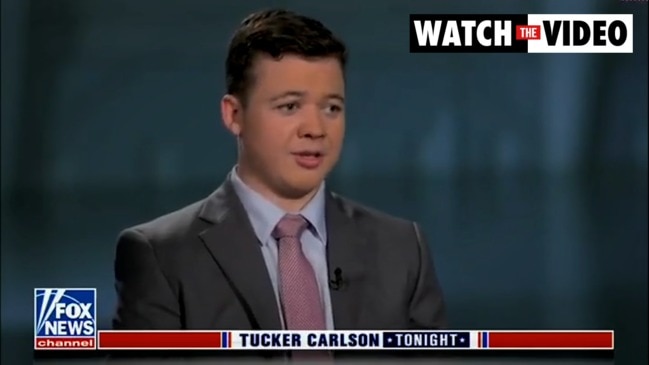
Kyle Rittenhouse has broken his silence.
The US teen recently acquitted of killing two people at a Black Lives Matter protest in Kenosha, Wisconsin, gave his first interview to media on Monday night local time, describing to Fox News’ Tucker Carlson the moment he shot and killed two people in what a jury found was self defence.
Rittenhouse, who was on Friday acquitted of all charges relating to the August 2020 shooting deaths of Joseph Rosenbaum, 36, and Anthony Huber, 26, and the wounding of Gaige Grosskreutz, 27, said a “mob” had threatened to “execute him”.
He said prior to the shooting, he had been defending a car dealership. He claims Rosenbaum approached him and told him “I’m gonna f***ing kill you, I’m going to cut your heart out”.
“When he threatened to kill me, I was like, ‘What the heck just happened?’ That’s not something you say to somebody,” he told Carlson.
Rittenhouse told Fox News that Rosenbaum “tried to grab” his rifle when he fired a fatal shot.
“After I shoot him, I was going to render first aid. I wasn’t able to. There was a mob forming calling for my execution.
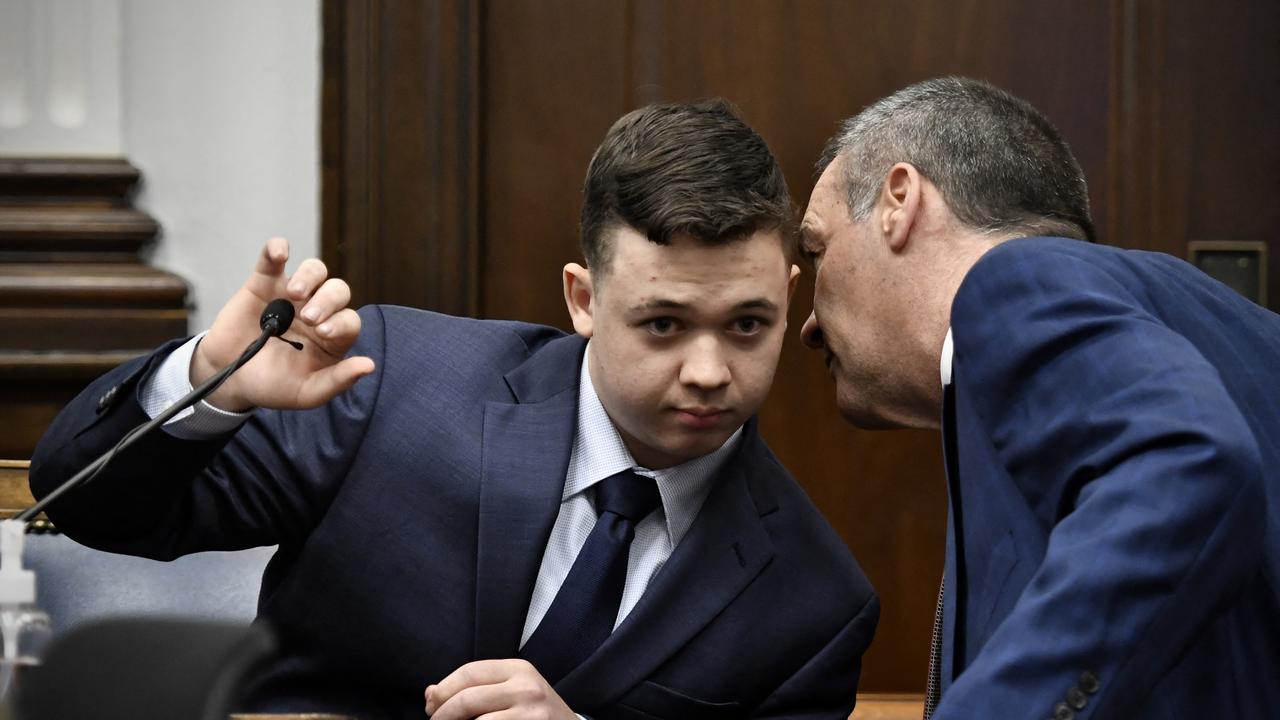
Stream the full interview with Kyle Rittenhouse on Flash. New customers try 14 days free >
“Then I’m attacked again.”
He said Huber struck him with a skateboard when he fired again.
“I end up on the ground. I have four people around me. Anthony Huber comes up and grabs the barrel of my gun, hits me with his skateboard. That’s when I shoot him one time.
“I did (think I was going to be killed).”
Rittenhouse said Grosskreutz pointed a firearm at him when he discharged another round.
“He had it pointed directly at my head and that’s when I shoot him one time,” he said.
The teen called the media coverage of his case was the most polarising thing he’s seen in his life. “It was obvious self-defence.”
The jury verdict, which followed three-and-a-half days of deliberations, has led to protests across the United States.
Rittenhouse was 17 when he armed himself with his AR-15 semi-automatic rifle to defend properties from damage.
Riots had broken out in Kenosha in the days prior after officers shot and paralysed black man Jacob Blake. The riots followed outrage over the earlier killing of another black man, George Floyd, in Minneapolis.
Rittenhouse shot dead two white men and wounded another in what he said was self-defence. The jury believed his side of the story.
The teen had endorsed the “Blue Lives Matter” campaign on his Facebook page prior to the shootings. The campaign was a response to heavy criticism of police following the killings of black suspects.
Speaking to Carlson in the interview that aired on Monday, Rittenhouse said his case was never about race.
“This case has nothing to do with race. It never had anything to do with race, it had to do with the right to self-defense,” said.
“I’m not a racist person. I support the BLM movement, I support peacefully demonstrating.”
He said his case showed him that people can be unfairly prosecuted.
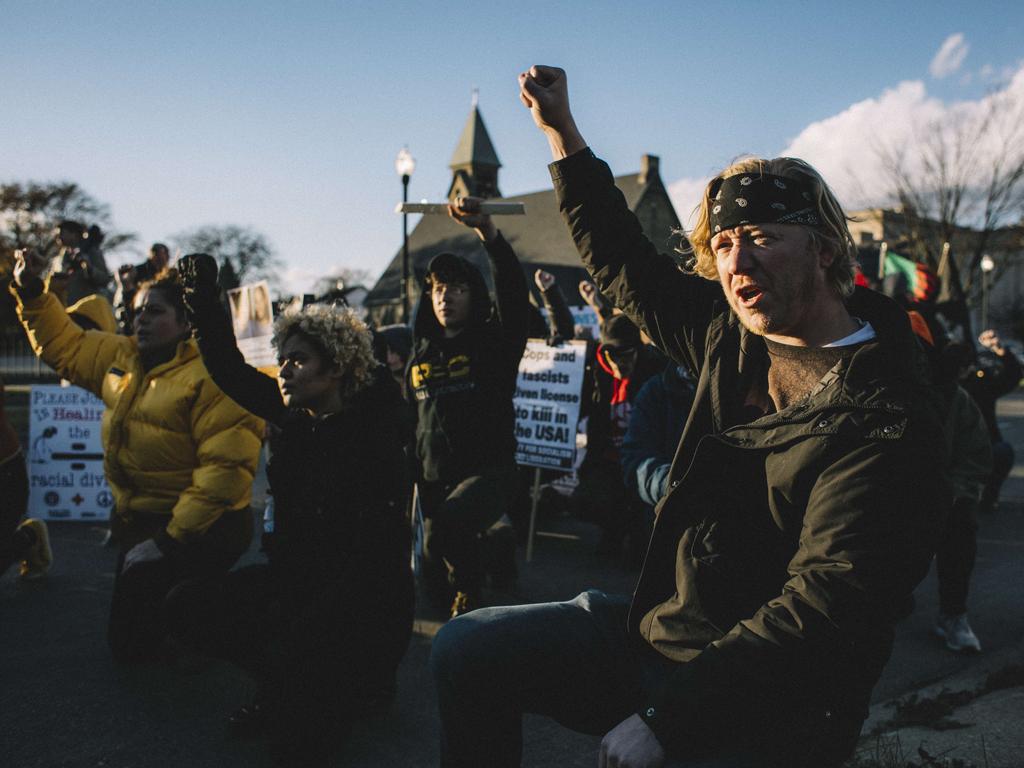
“I believe there’s a lot of prosecutorial misconduct, not just in my case but in other cases. It’s just amazing to see how much a prosecutor can take advantage of someone,” he said.
The teen described his 87 days in jail — something he described as similar to a “one-star hotel” with “no running water”.
He said he did not shower the whole time, and that when he was let out and finally able to clean himself his “skin was coming off my body”.
Legal experts have been weighing in on the results of the trial. Most of them were not surprised by the acquittal.
Lou Shapiro, a state and federal criminal defence lawyer in Los Angeles, said the prosecution “overshot” its case and overcharged the defendant when it argued Rittenhouse “brought a gun to a fistfight”.
“They oversold the case because the prosecution was stuck on this theory that Rittenhouse was this guy out to kill,” Mr Shapiro said.
“If you can’t get that out of your mind as a prosecutor, you’re not gonna be able to offer lesser charges because that does not fit that narrative. They oversold and it backfired.”
— with Alex Blair


